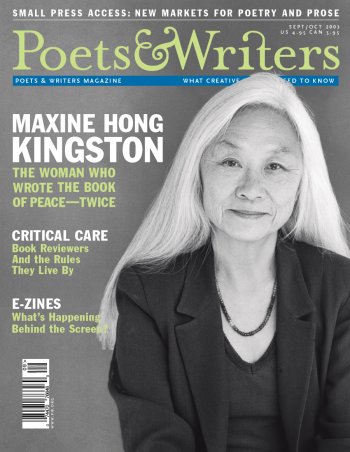
In a devastating fire, Maxine Hong Kingston lost her home, a just-completed manuscript, its backup copies, and the will to write. That was 12 years, a thousand kindnesses, and one brand-new book ago.
Jump to navigation Skip to content

In a devastating fire, Maxine Hong Kingston lost her home, a just-completed manuscript, its backup copies, and the will to write. That was 12 years, a thousand kindnesses, and one brand-new book ago.
Maxine Hong Kingston discusses The Fifth Book of Peace, which she describes as a "nonfiction-fiction-nonfiction sandwich."
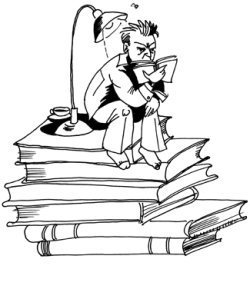
Reviewers are accused of having agendas and of cronyism, are called show-offs and career-killers. It's a lot of heat to take for some free books, a few bucks, and a byline.
In her Pulitzer Prize–winning first book, The Interpreter of Maladies, Jhumpa Lahiri explores the struggle of first- and second-generation Indian Americans bridging the gap between the country they call home and the heritage that defines them. Her much-anticipated first novel, The Namesake, explores a similar theme.
Profile of independent poetry publishers Aralia Press, Limberlost Press, the Owl Press, and Futurepoem Books.
Letterpress and print on demand publishing are surprisingly similar, despite their different methods of printing.
Literary MagNet chronicles the start-ups and closures, successes and failures, anniversaries and accolades, changes of editorship and special issues—in short, the news and trends—of literary magazines in America. This issue's MagNet features Poetry, Poems & Plays, the Sow’s Ear Poetry Review, Bloom, the Harvard Advocate, Harvard Review, Meanjin, and Vallum.
Carol Seajay, former publisher of Feminist Bookstore News, a San Francisco–based magazine that covered the feminist, gay, and lesbian book industry until folding in 2000, recently launched Books to Watch Out For, a series of monthly e-mail newsletters featuring reviews of gay and lesbian books.
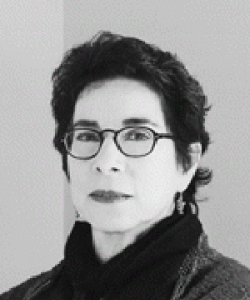
Laura Furman, the first female O. Henry series editor in more than forty years, has instituted some changes to the process of selecting stories for her first volume, due out next month from Anchor.
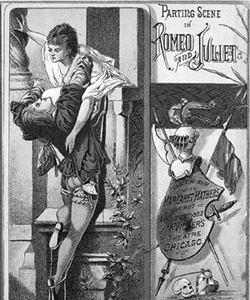
Since Dana Gioia was named chairman of the National Endowment for the Arts in January, the organization has awarded nearly $1 million to poets and translators of poetry and over $2 million to literary arts organizations. But the highest profile project of Gioia’s term so far begins this month, when six theater companies—from New York City; Chicago; Minneapolis; Little Rock, Arkansas; and Portland, Oregon—will begin a yearlong tour of 100 small and midsized cities across the U.S. to perform a selection of plays by William Shakespeare. A seventh theater company will tour 16 U.S. military bases.
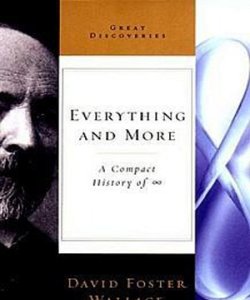
David Foster Wallace’s long-awaited sixth book will arrive in bookstores next month. But it’s not what some might expect from the author of Infinite Jest and A Supposedly Fun Thing I’ll Never Do Again.
Page One features a sample of titles we think you'll want to explore. With this installment, we offer excerpts from Bring Me Your Saddest Arizona by Ryan Harty, Indiana, Indiana by Laird Hunt, and Eyeshot by Heather McHugh.
Amanda Stern's stories are urban, angst-ridden, so anxious and, at times, violent that they can make for a teeth-clenching read.
How to balance the moral responsibility of protecting the feelings of family and friends and the literary responsibility of producing compelling writing.
As more and more literary journals develop online counterparts to enhance, complement, and extend the presence of their print editions, editors—despite their love of the physical object—are finding new was to take advantage of the cost-effective and virtually boundless medium.
A discussion of the posthumous publication of Stan Rice's final poetry collection, False Prophet.
Profile of the Irish writer and his debut novel,The Ginger Man.